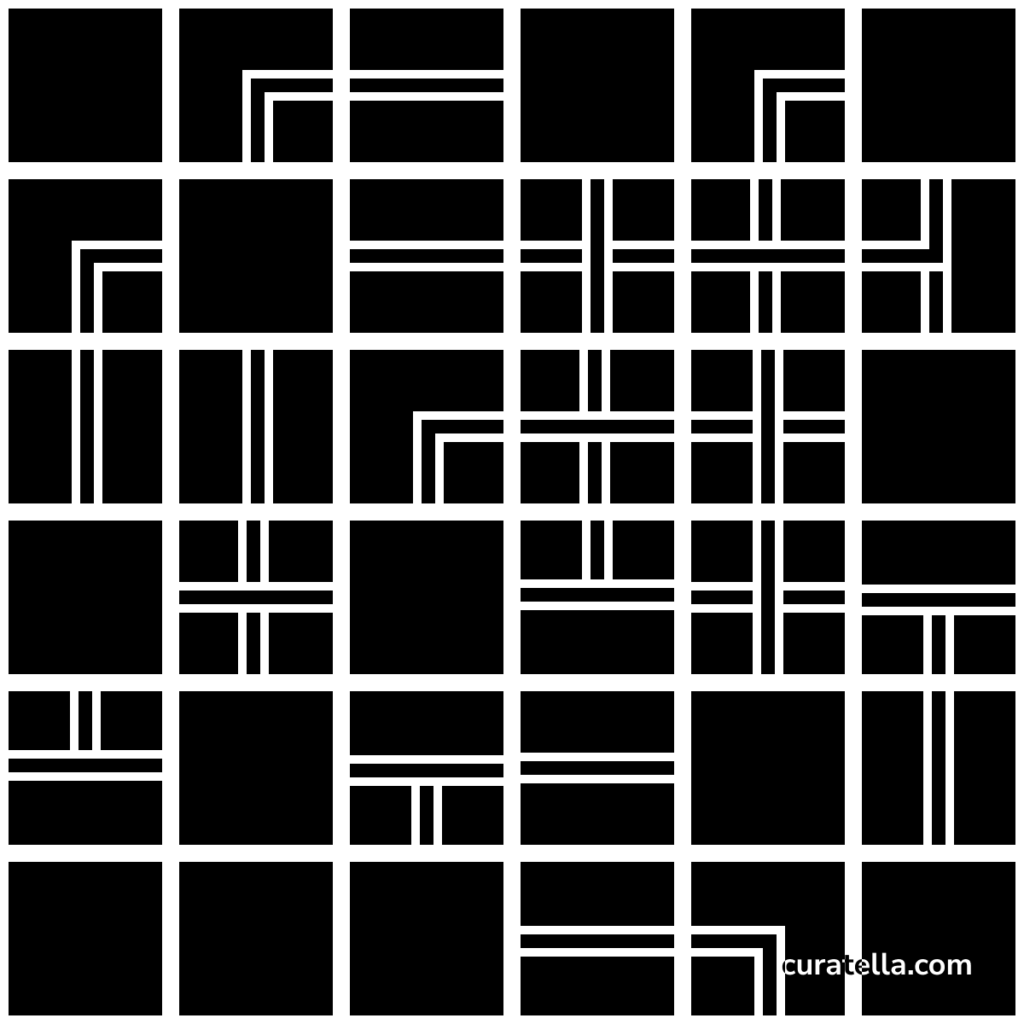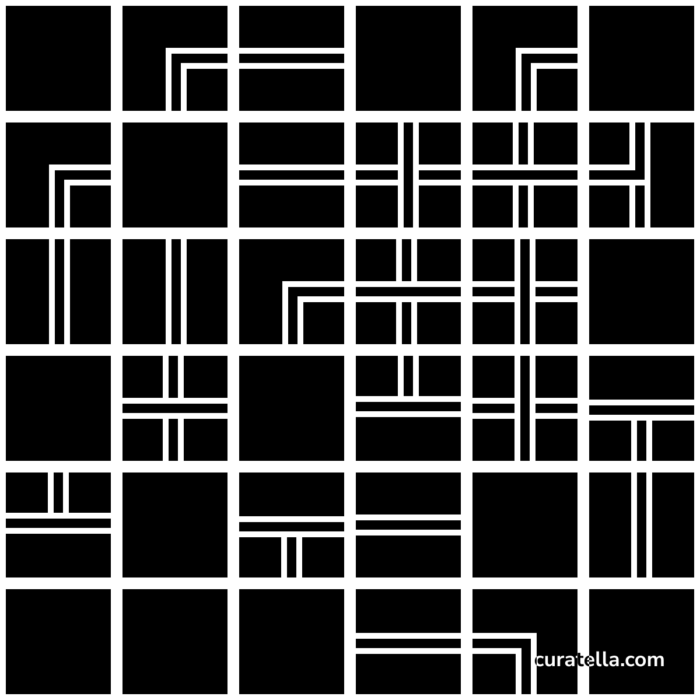If Niklas Luhmann said:
“I never force myself to do anything I don’t feel like. Whenever I am stuck, I do something else.”
I have found a way to cure my eclecticism.
His Zettelkasten, a note archive, is “a system […] to keep track of the ever-increasing pool of information, which allows one to combine different ideas in an intelligent way with the aim of generating new ideas.”
I never liked being a planner. I always find myself being an expert. I appreciate the confirmation in distinguishing between being student planners with the sole aim of passing exams vs. being experts in voluntary learning, which is rewarding and fun. That’s the learning I am looking for, the one that generates insights, accumulates, and facilitates ideation.
Research, thinking, and studying are open-ended processes. How can you plan something that is, by definition, indefinite?
Aiming at being an expert is also feeding self-doubt. You know that when you struggle to find insights or connect apparently incompatible pieces or discover that your ideas are not that original.
Despite all of that, I don’t believe in accidental inspiration. At least, not as an absolute. There are happy accidents generating the right push at the right time, but I believe in hard work in preparation for the generation of new ideas.
I like the definition of the Zettelkasten as a Personal Knowledge Management System you can think in.
This article is based on the first chapter of the book “How To Take Smart Notes” by Sönke Ahrens.


Leave a Reply